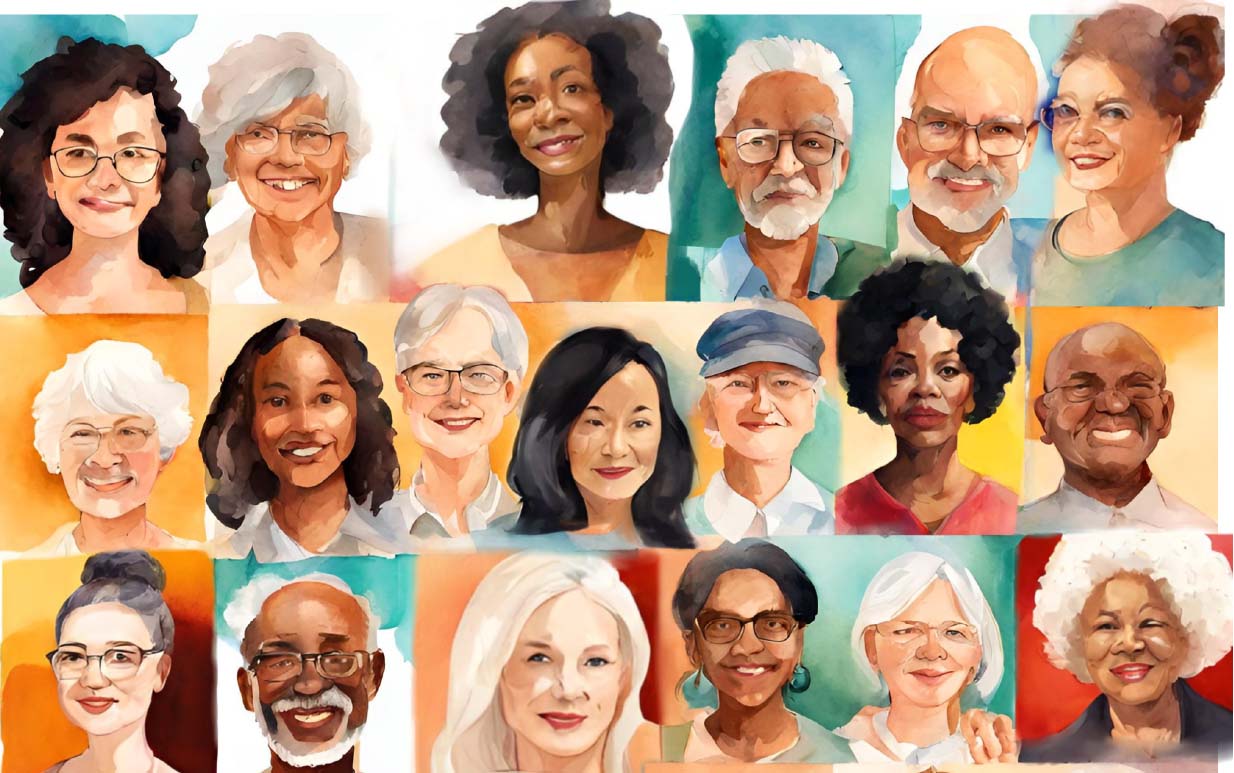I am circling back around to a letter I wrote back in the fall of 2023 in Conscious Dying Collective’s September
newsletter. As I mentioned there, my first exposure to suicide was in middle school when a dear friend chose to die by overdose and then a year later when another friend died by a self-inflicted gunshot wound. At the time there was more focus on the loss, not the circumstances that led each of them to make the choice to end their own life. There were no grief counselors, classroom discussions, or opportunities to express our grief or to ask questions. Death, a taboo was better left unearthed.
In the piece I asked that we each re-evaluate our use of the words “Suicide Prevention” and asked that instead we use “awareness” instead of “prevention”. The word prevention can activate a lot of emotion for those closely affected by suicide. Feelings of shame and guilt around not having been able to “prevent” the suicide or seen the signs, all add to the already deep grief from the death.
Many people commented on my writing and expressed appreciation and gratitude for a concept they had never taken the time to reflect on. After my sister read my piece, she mentioned that she never knew about any of these losses and she found it strange that our family did not discuss it. We then looked at each other and smiled, realizing that was the way our family dealt with “unpleasantries”, which I feel may be true of many of my friends of the same generation, especially if you grew up in the south. This realization then caused me to pause (we death doulas love the “pause”) and reflect on the use of “prevention” in the first place for a campaign to address suicide instead of using “awareness”. First, “prevention” is used from the perspective of the living and I am sure used because what we truly want is to feel we can prevent a death. I would like to take it one step further and ask, might we also be trying to prevent the feeling of discomfort in ourselves as a result of providing support to someone who’s friend or loved one has suicided? I feel this was true for my family and I wish it had of been different.
"might we also be trying to prevent the feeling of discomfort in ourselves?"
Thus, I have come to learn that I experience the most growth when I feel the most uncomfortable. Might this also be true for you? If so, I wonder if we each develop the skills to meet a person where they are, no matter how uncomfortable their emotions make us feel, will the person glean insight alongside of us? Isn’t it worth a try? If you feel it is, then I would like to suggest that you take the time to befriend death for yourself so that you can better support others in life and death. You can do this by initiating conversations, reading books, listening to podcasts, engaging in short courses and taking deeper dives into death literacy. With the knowledge you gain, I am willing to bet that you may find yourself moving toward those situations that once made you uncomfortable.

